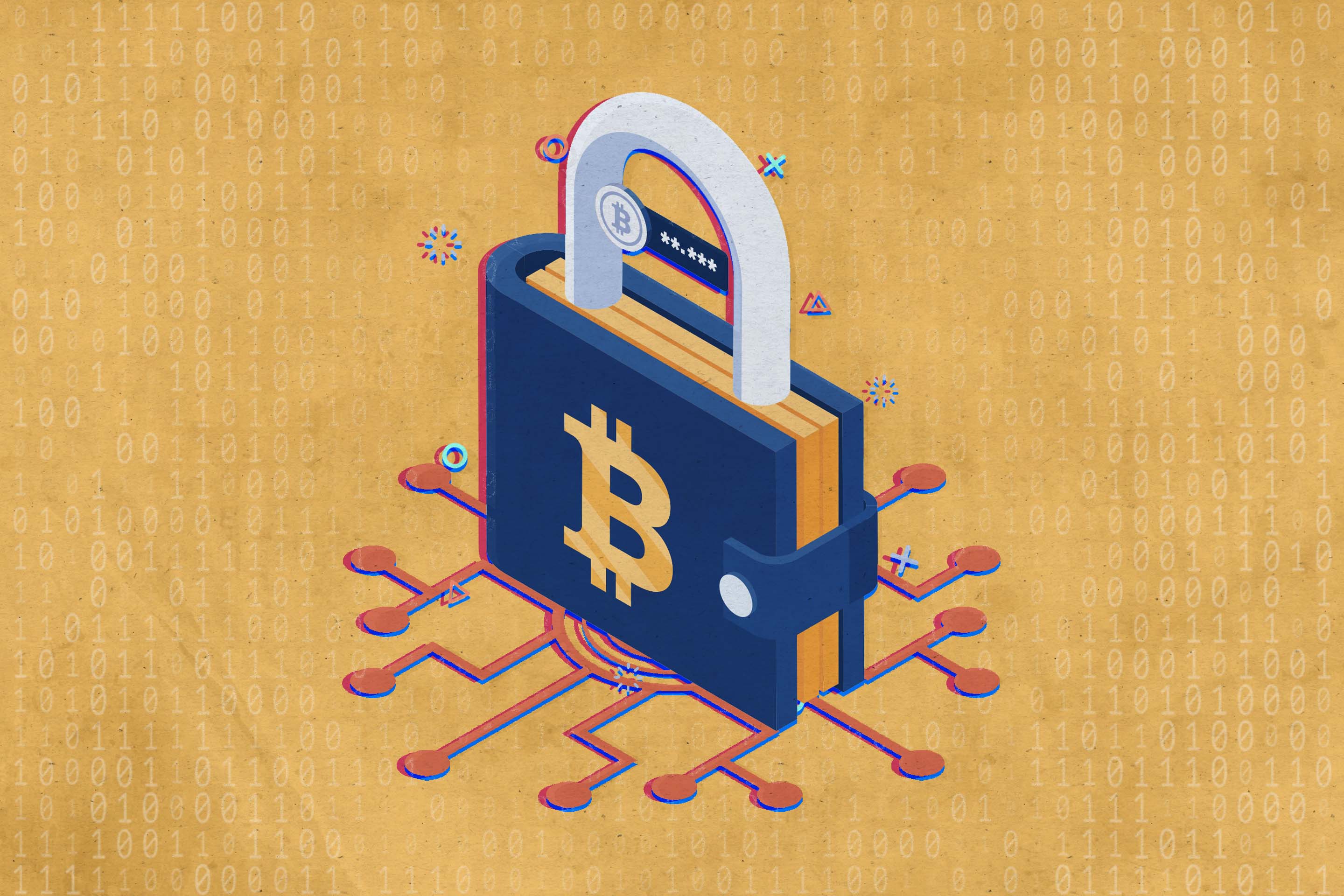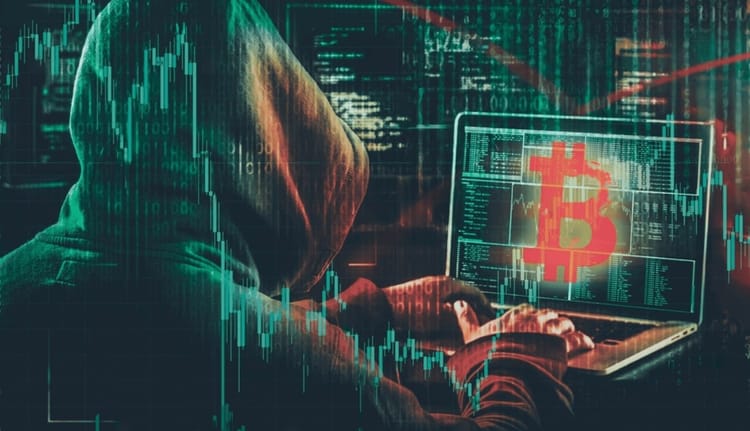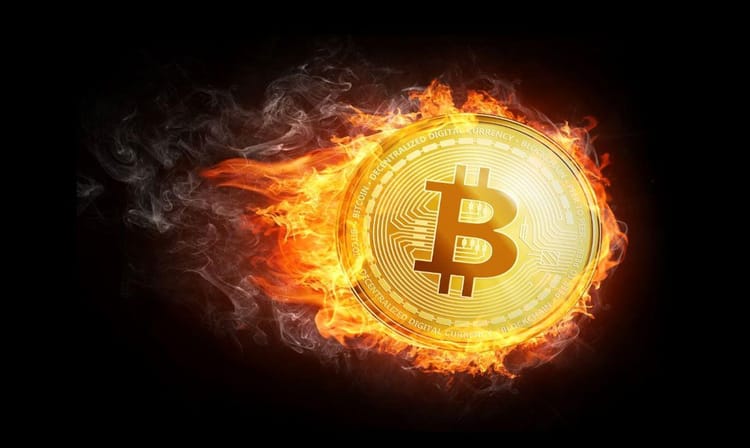Crypto Guide: Hot Wallet vs. Cold Wallet- Unlocking the Key Differences

You have two options for a crypto wallet: a hot wallet and a cold wallet. Both store cryptocurrencies but differ slightly in functionality and security. If you're looking for convenience and easy access to trading and online transactions, then a hot wallet is best. But for security in storing your digital assets, the cold wallet, like a hardware wallet is a better option.
A cryptocurrency wallet is one of the biggest investments you can make after buying or trading your crypto. It's one of those decisions in crypto trading that requires you to consider a few issues and questions. Do you require quick access to your assets for trading? Or are you more into the buy-and-hold team and want improved safety and security? If you're asking these two questions, your choice boils down to two popular options—a hot or cold wallet.
Use a crypto hot wallet, cold wallet, or both?
The primary feature of the hot wallet is that it's almost always connected to the internet. The hot wallet is the best investment if you're a retail trader or regularly online for transactions. Hot wallets can be we-based or an application you can download on your PC or mobile phone. If you have purchased your crypto from an exchange and retained the funds in the wallet provided by the platform, then you're using a hot wallet. An issue with a hot wallet is that since it's connected to the internet 24/7, it is more vulnerable to hacking and attacks than a cold wallet.
Your cold wallet, on the other hand, is often disconnected from the internet, making it hard to hack. But this doesn't mean that your digital assets are safe. All crypto wallets carry certain risks, which we'll cover below. Traditionally, a cold wallet is a cryptocurrency hardware wallet plugged into the USB port or accessible via Bluetooth. This feature makes it the most secure type of wallet, but it lacks the convenience and flexibility of the hot wallet, allowing you to transfer and trade funds quickly.
Although a hardware wallet is connected to the internet through a PC, the transaction is signed 'in-device,' which means the private keys are used to authenticate the transaction and remain on the device, protecting it against fraudsters. Another type of cold wallet is the paper wallet, but its use to store keys is now discouraged.
Weighing the pros and cons of hot wallets
Your mobile wallet, web-based wallet, and desktop wallet fall under hot wallet. Among these three options, the web wallet is the least secure since it's always online and vulnerable to hacking. But the great thing about a hot wallet is that it's easy to use and always online; there's no need to transition between offline and online to complete a transaction. If you're going to buy or sell a crypto, you just log in to your wallet and complete the transaction.
But transacting with a cold wallet can be inconvenient. If you're using a cold wallet, you'll need to find a device to plug the old wallet, move a specific amount of assets to your hot wallet, and complete the transaction. If you're holding a large amount of crypto, we don't recommend storing it in a single hot wallet. Even the leading crypto exchanges don't hold their holdings online. These companies maintain several cold wallets to store the rest of their crypto holdings.
Weighing the pros and cons of cold wallets
The cold wallet is the most secure option for traders and investors. Stealing from a cold wallet is difficult since it requires physical possession or access to the wallet, plus control of the password or PIN. Hardware wallets, like the popular USB stick, are an example of a cold wallet. Other examples of cold wallets are paper wallets, physical bitcoins, and secondary offline computers. While these wallets are secure, they're now replaced by more modern and highly secure hardware wallets or cold storage options offered by reputable exchanges.
Hardware wallets are designed to be immune to hacking. Even if you plug this wallet into your PC or connect it via Bluetooth, hacking and stealing its contents is still impossible. Transactions are signed within the device, and this 'signature' lets you assign ownership to the recipient. But before you buy a hardware wallet, remember that its use comes with issues. Hardware wallets are less convenient because you'll need to connect them to the internet, and they can be costly, ranging between $50 and $200. Investing in a hardware wallet is better if you're a serious trader or hold a sizeable amount of crypto.
Is it better to use a hot and cold wallet?
For some experienced traders, investing in hot and cold wallets is better. This way, you'll get the security and peace of mind offered by the cold wallet while enjoying convenience and accessibility. In fact, those who have started early in cryptocurrency investing can own several types of cryptocurrency wallets that represent their investing journey.
For example, a person can have a hot wallet from the exchange account, a mobile hot wallet, and another hardware wallet. Each type of crypto wallet has a specific purpose. For example, a trader may buy Bitcoin at an exchange and store it in the platform's hot wallet. Then, he transfers some to his mobile hot wallet for trading and the rest to the hardware cold wallet for holding.
Others use a second phone that works as a mobile crypto cold wallet. You'll only turn on the phone when making a transaction. This phone connects online through Bluetooth or WiFi. After completing the transaction, the WiFi and Bluetooth connection is turned off, and the phone is powered down.
Keeping your crypto safe all the time

When holding or trading cryptocurrencies, knowing how to keep your digital assets safe is crucial. Here are are few steps and strategies you can follow to keep your coins safe until the next transaction.
Don't lose your seed phrase or password.
There are plenty of heartbreaking stories about how investors and traders lost access to their passwords and seed phrases. A seed phrase is a set of words that act as as your password for your cryptocurrency wallets. The seed phrase becomes available each time you create a new wallet. And when you lose this information, you lose your coins. Keep the password safe and never share it with anyone. You can write it down, or make several backup copies, and keep these in a secure place.
Don't save the see phrase or password in your PC, mobile phone or cloud storage.
Bad actors may find a way to hack your account and steal your password and your assets online. Look for an alternative yet secure way of storing the password.
Don't connect using a public network.
Avoid using a public WiFi when connecting your wallet to other applications online. If possible, don't use another person's PC or internet connect when using the crypto wallet. There's a chance that some malicious programs may be running in the background of the computer that are recording the keystrokes. If there's a need to go online, only connect to trusted websites and applications.
Double check a link before clicking on it.
Don't fall for phishing schemes online. As a crypto enthusiast and trader, you'll need to check and review all websites and likes that you'll encounter online. Don't click on a link or pop-up unless you're sure that it's safe and stay away from websites that don't use HTTPS.
Double-check the recipient's wallet address before hitting send.
Be careful when paying or sending crypto online. If you're sending to a new address, do a test send first with a small amount. Once successful, then you can make another send representing the total amount. There's no way of getting back your crypto is you sent it to the wrong address.
Use an antivirus and implement additional security measures.
If pays to be ready and secure when browsing the web and using your crypto wallet. Keep the firewall on, and use a 2-Factor Authentication (2FA) for all your accounts for another layer of security. And if you're going to invest in a cold wallet, particularly with a hardware wallet, look for the ones with modern encryption technology to completely protect your holdings.
The crypto space is continuously growing with new tech, and with everything going on, it's easy to make a few wrong decisions. But if you study the basics, follow the security checks, tips and recommendations, you're in the right direction.




